February 21, 2020
As PR professionals, the majority of our communications are handled online – from distributing press releases to conducting competitor research to media relations. However, one thing we often do not consider while doing all of this is cybersecurity.
While cybersecurity might not be front and center on PR professionals’ minds, it is the number one action item for cybercriminals. Just like the 24-hour news cycle, cybercriminals work around the clock to seek out and target unsuspecting users. In order to help our peers avoid becoming a cybercrime victim, we have outlined three security best practices below:
1. Avoid using public USB charging stations
A phone or laptop with low battery will send us PR professionals to the nearest public charging station but these convenient stations frequently found in airports and hotels are actually a breeding ground for malicious attackers. Using a practice known as juice-jacking, cybercriminals can commandeer a public USB station and install malware on an unsuspecting person’s device, and then download their data and access all of their passwords.
Tip: Carry your own charging cables and connect directly to an electrical outlet. If you are not near an outlet and your device needs a boost, portable batteries bought from a trusted vendor are a good alternative.
2. Never reuse the same password
We know that it is not easy to remember multiple passwords, and many of us are guilty of reusing the same one over and over. However, the issue here is that if one account is hacked, your other accounts associated with that password are at risk of being compromised.
In addition to varying your passwords, it is important to create highly unique passwords for every account. Many of us make the mistake of creating a “system” to help remember login info (e.g. making your password your nickname, the name of your pet, or your birthday). This makes your passwords easily guessable to anyone who has access to your social media pages where much of this information is public.
Tip: Ensure every account has its own password. Ideally, make sure each password is over 12 characters. Think about using things like song lyrics or a phrase that you can easily remember.
3. Be cautious when using public Wi-Fi
Public Wi-Fi allows us to access the Internet freely in settings like coffee shops or airports. However, while this seems like a perk, public Wi-Fi networks are not completely secure. Cybercriminals often use public Wi-Fi to intercept data that is transferred across the network. That means that activities done using public Wi-Fi networks, such as banking or logging into email, can easily be accessed by a hacker.
Tip: Do not assume that every public Wi-Fi link is legitimate. Malicious users can often set up fake Wi-Fi links, so if possible try and confirm the connection’s name and IP address with an employee at the location that’s offering public Wi-Fi.
Also, if you find yourself needing to use public Wi-Fi, try and avoid logging into websites where a cybercriminal could access your passwords or personal information — such as online banking services or websites that store credit card information.
We have learned many of these tips by representing one of the best and brightest security company in the business. If you are a healthcare security firm looking for a new PR partner, contact Lindsey Honig at lhonig@ariamarketing.com.

